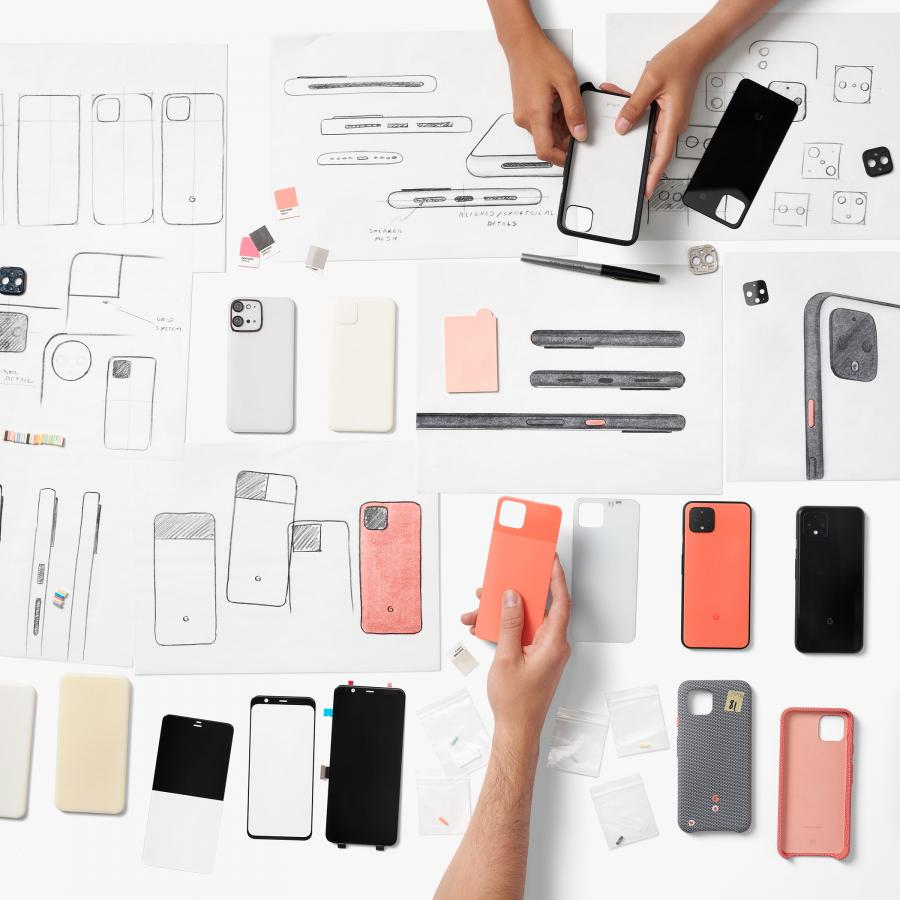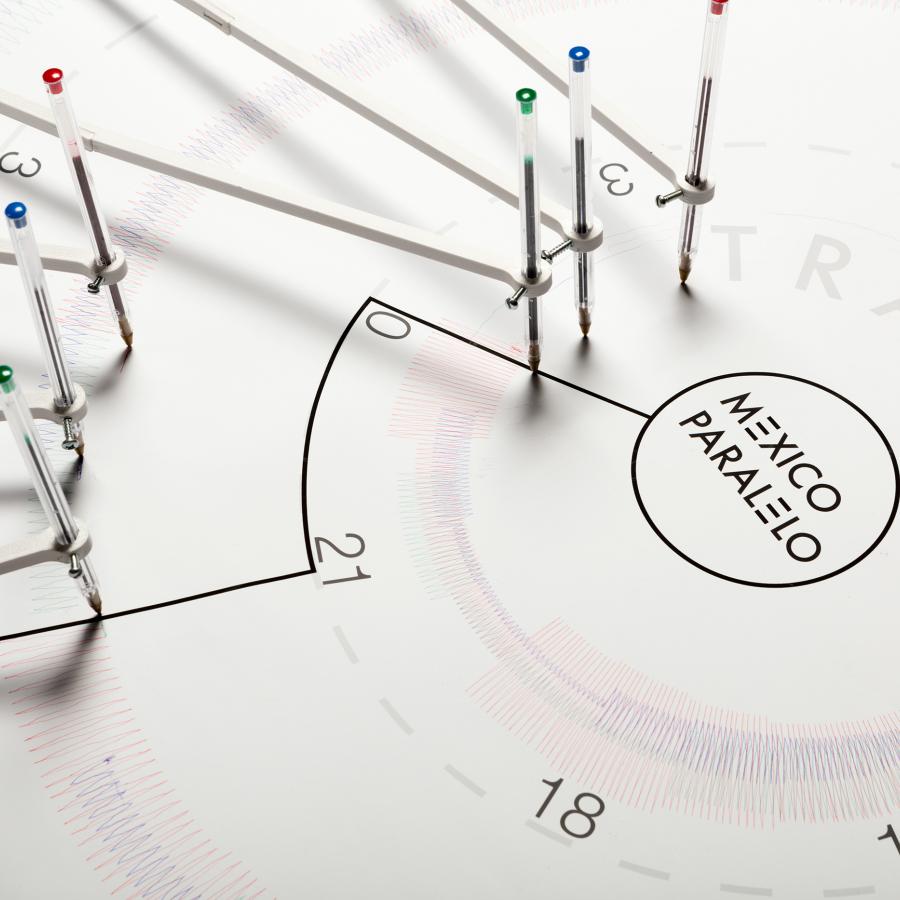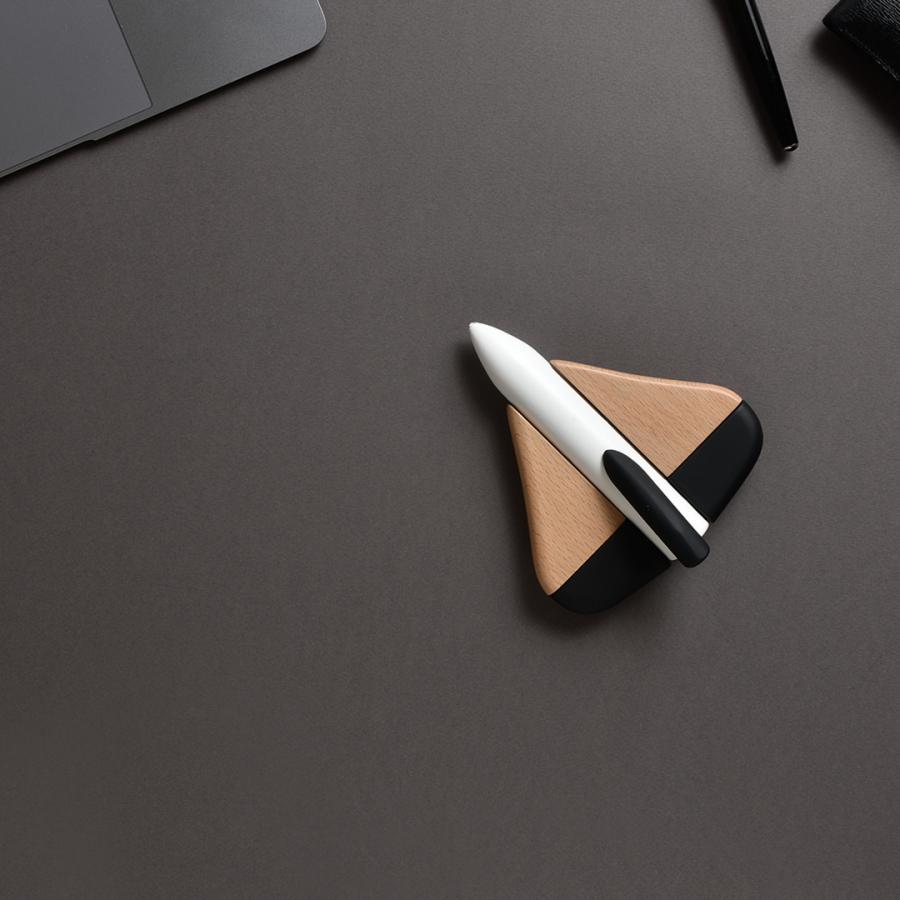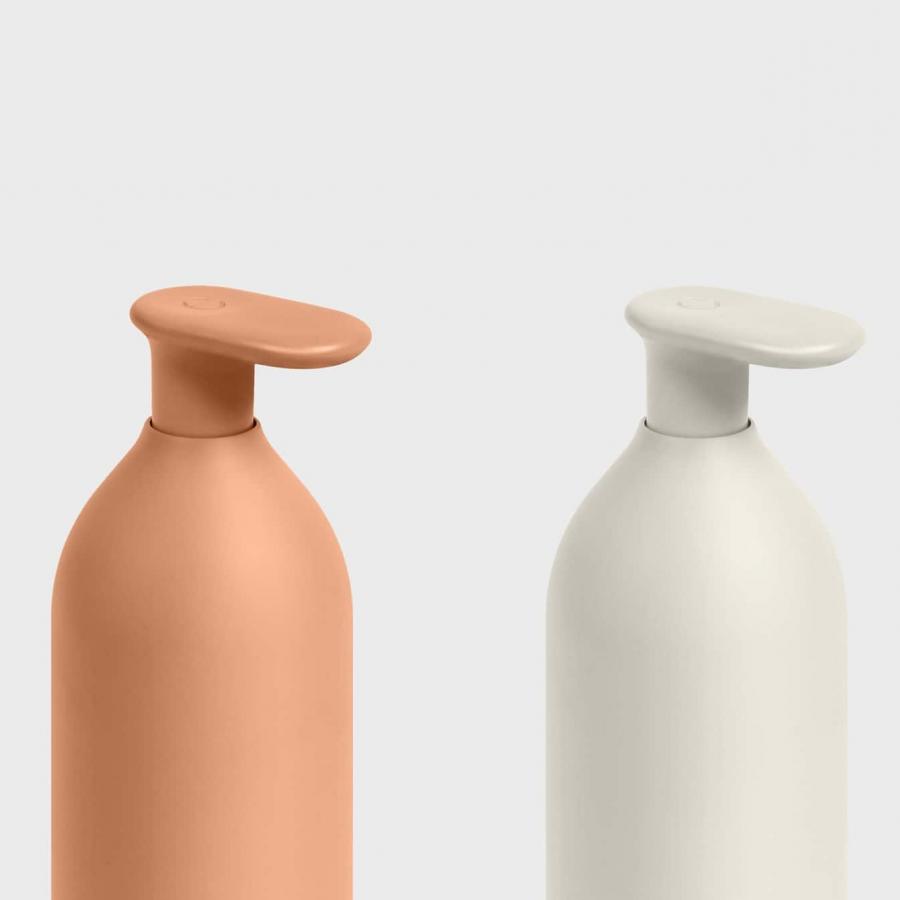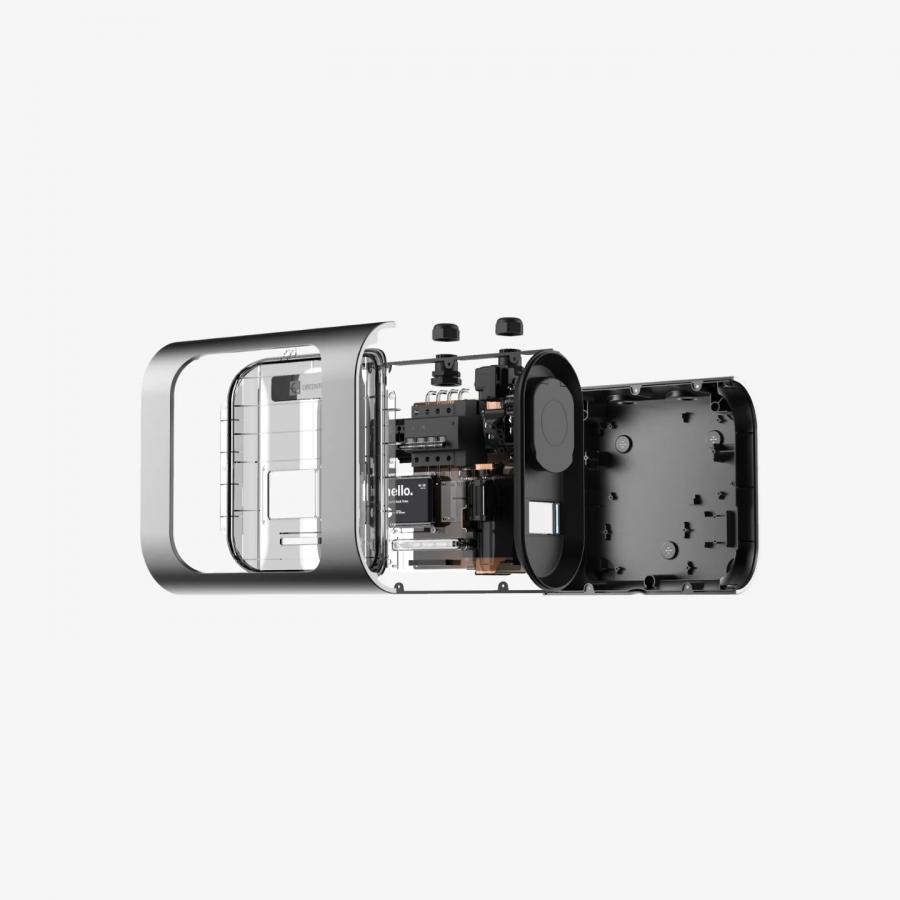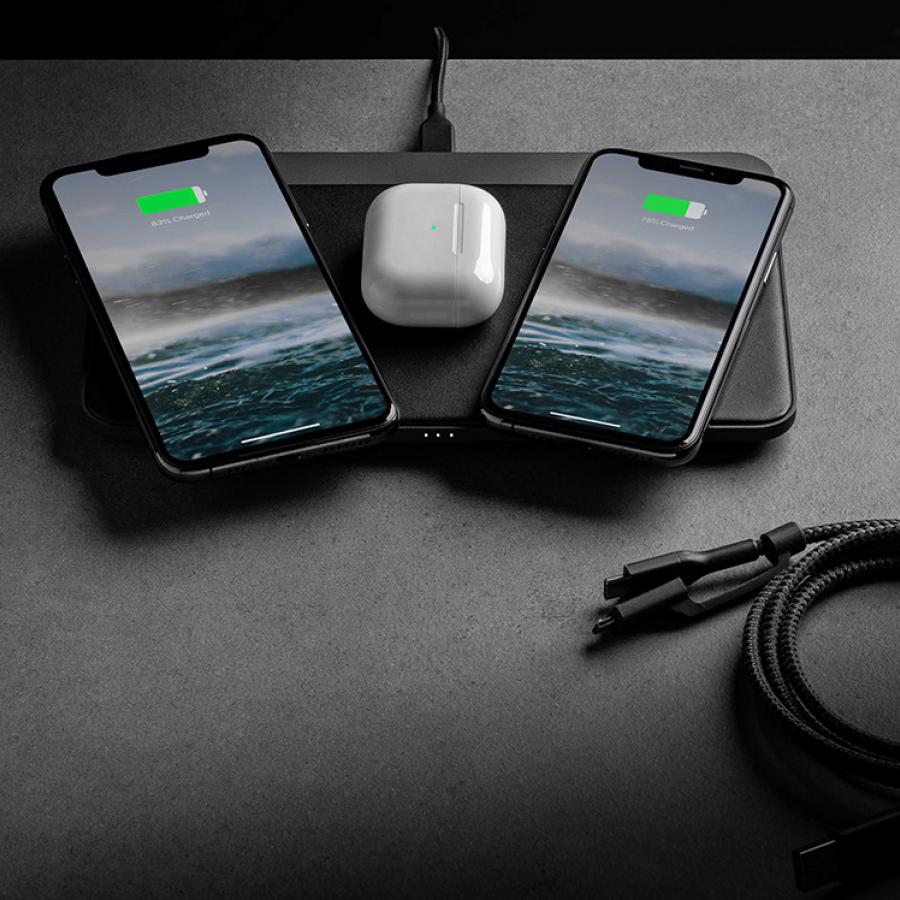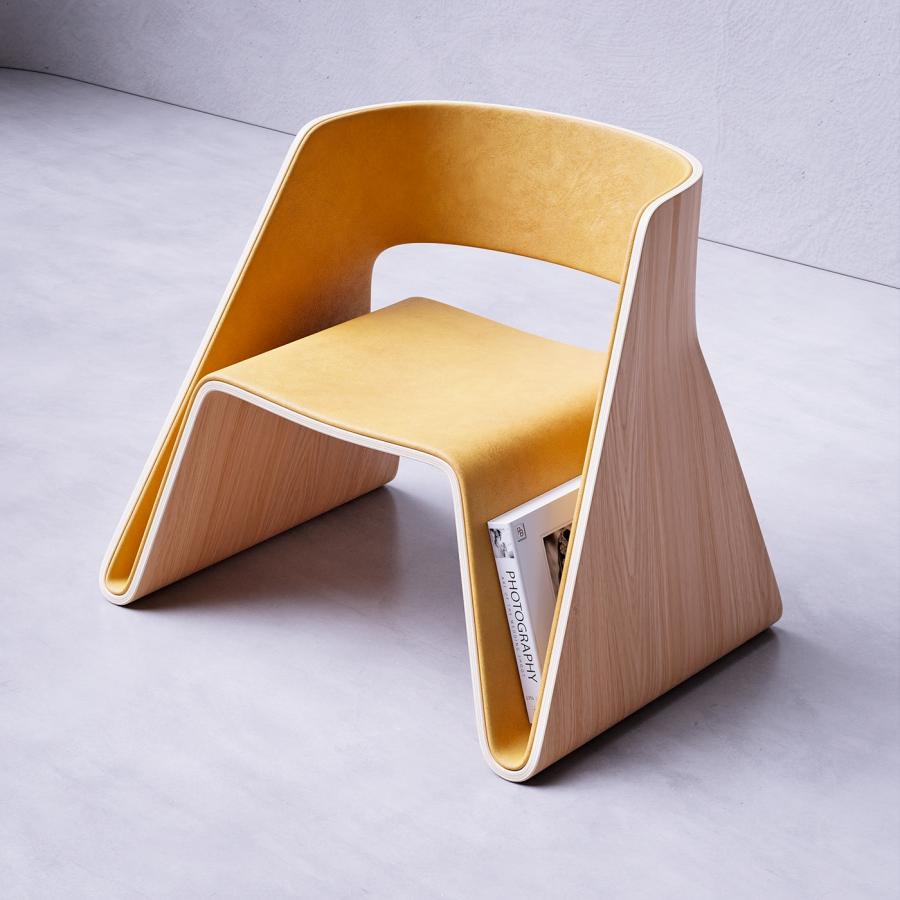by abduzeedo
One of the most gratifying things about running ABDZ is the emails we received daily from designers around the world sharing their projects. Students have a very special place in my heart because I’ve been one and I tried to reach out to publications too, so I try my best to be responsive and for this post, I would love to share this amazing industrial design project from Shreyans, a student of Rhode Island School of Design (RISD). Shreyans has designed a lamp, called “enLighten”, that tracks our phone use in bed and correspondingly transitions its light from pleasant mint green to a throbbing red to make you aware of prolonged use.
Project Description
On average, we spend about 3 hours each day on our phones. While technology enables us to do more, its overuse is beginning to show negative effects on our sleep, psychology, and relationships. Our digital interactions are designed to persuade us to binge and mindlessly consume digital content. Phone interactions have become overly insistent and irresponsibly demanding. While certain phone makers have recently begun notifying us of our phone use habits, these notifications are merely passive indicators and hardly signal overuse or help us change our digital habits. Moreover, the user experience does not prevent us from simply dismissing the warning and resuming our digital experience. Through user interviews, I observed that showing people the amount of time they spend on their favorite apps left them baffled, reflective and desiring to reduce their phone use. Upon asking people to map where and when they use their phone throughout the day I discovered how common is our unrestrained use of phones in bed, at night while falling asleep. Scrolling through Instagram feeds, replying to messages and binge-watching Netflix or Youtube videos is something that many of us do while being oblivious about its impact on our sleep, psychology, and relationship with the people we share our lives with.
Through this design research, I have designed enLighten. It is an hourglass-shaped bedside lamp that tracks your phone use in bed and correspondingly transitions from pleasant mint green to a throbbing red to make you aware of prolonged interaction. The lamp rewards good behavior by transitioning the light in reverse when the screen is turned off for a few minutes. A simple system may be created to redeem these rewards. Contrary to the Orwellian notion of draconian control, the lamp lets you determine and set goals of time and the apps to track. Through these functions enLighten nudges you to break away from your phone, unwind from the stresses of the day, be mindful of your health, your time and the people around you. Bedtime is also ideal to reflect on your day’s experience and mentally prepare for the next day. enLighten enables you to do these things by helping you take the first steps of being aware of your digital habits and controlling them in playful ways.
An hourglass shaped bedside lamp that tracks your phone use in bed
Note: This is a significant part of my industrial design graduate thesis at Rhode Island School of Design (RISD). In addition to my own research, I have been working closely with behavioral design experts as well as designers and researchers at the highest level of design direction at technology companies. Having both perspectives is immensely important for a wholesome discourse, critique, and resulting design outcomes.
